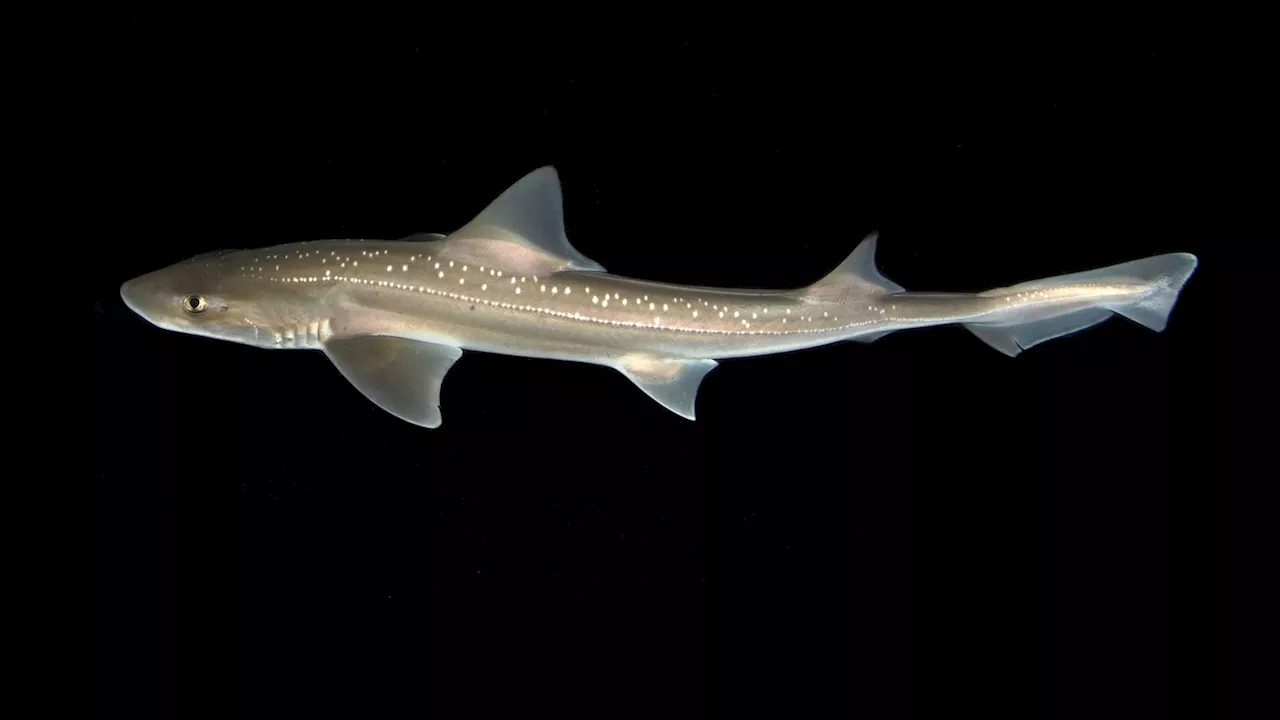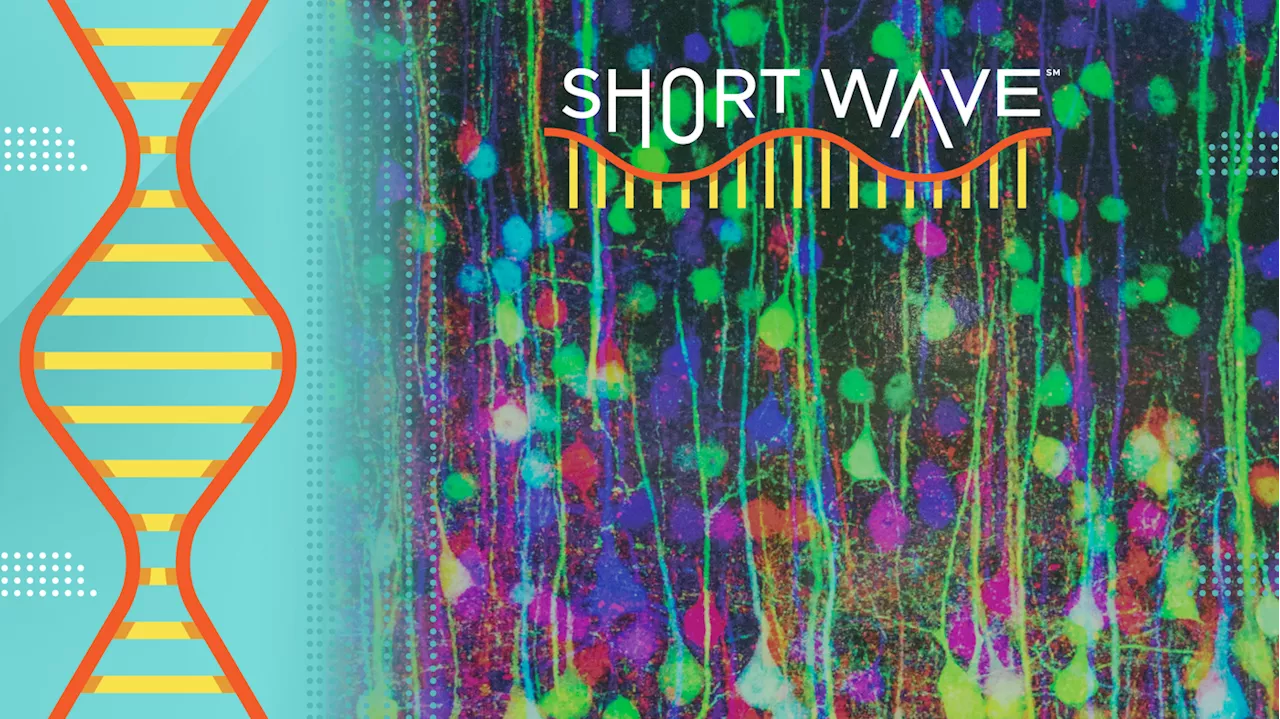Researchers devised a way to maintain an AI model's accuracy while ensuring attackers can't extract sensitive information used to train it. The approach is computationally efficient, reducing a longstanding tradeoff between accuracy and privacy.
Researchers devised a way to maintain an AI model's accuracy while ensuring attackers can't extract sensitive information used to train it. The approach is computationally efficient, reducing a longstanding tradeoff between accuracy and privacy.
They also demonstrated that more"stable" algorithms are easier to privatize with their method. A stable algorithm's predictions remain consistent even when its training data are slightly modified. Greater stability helps an algorithm make more accurate predictions on previously unseen data. PAC Privacy automatically estimates the smallest amount of noise one needs to add to an algorithm to achieve a desired level of privacy.
Adding noise can hurt the utility of the results, and it is important to minimize utility loss. Due to computational cost, the original PAC Privacy algorithm was limited to adding isotropic noise, which is added uniformly in all directions. Because the new variant estimates anisotropic noise, which is tailored to specific characteristics of the training data, a user could add less overall noise to achieve the same level of privacy, boosting the accuracy of the privatized algorithm.
Encryption Hacking Computers And Internet Information Technology Computer Modeling Mathematical Modeling Mathematics
United States Latest News, United States Headlines
Similar News:You can also read news stories similar to this one that we have collected from other news sources.
 2025 Morgan Supersport | PH ReviewNew look, new underpinnings, new mission - is the Supersport truly a new dawn for Morgan?
2025 Morgan Supersport | PH ReviewNew look, new underpinnings, new mission - is the Supersport truly a new dawn for Morgan?
Read more »
 Researchers demonstrate new technique for boosting plant growth with bacteriaResearchers have demonstrated a technique for successfully encapsulating bacteria that can then be stored and applied to plants to improve plant growth and protect against pests and pathogens.
Researchers demonstrate new technique for boosting plant growth with bacteriaResearchers have demonstrated a technique for successfully encapsulating bacteria that can then be stored and applied to plants to improve plant growth and protect against pests and pathogens.
Read more »
 Researchers unlock new potential in Newton’s method, 300 years after its creationThe trio proved their modified version of Taylor expansion still converges to the true minimum, regardless of the number of derivatives used.
Researchers unlock new potential in Newton’s method, 300 years after its creationThe trio proved their modified version of Taylor expansion still converges to the true minimum, regardless of the number of derivatives used.
Read more »
 First sound recordings of sharks captured by researchers, new study shows“Sharks are maybe not as silent as we thought,” a researcher said.
First sound recordings of sharks captured by researchers, new study shows“Sharks are maybe not as silent as we thought,” a researcher said.
Read more »
 Researchers develop new DNA test for personalized treatment of bacterial vaginosisRoughly one out of three women ages 14-49 in the United States develop a vaginal bacterial imbalance known as bacterial vaginosis (BV) during their lifetime. BV is characterized by unpleasant odors, and potentially painful side effects, as well as the risk of associated health issues later in life.
Researchers develop new DNA test for personalized treatment of bacterial vaginosisRoughly one out of three women ages 14-49 in the United States develop a vaginal bacterial imbalance known as bacterial vaginosis (BV) during their lifetime. BV is characterized by unpleasant odors, and potentially painful side effects, as well as the risk of associated health issues later in life.
Read more »
 Here's why researchers are making new psychedelic-like drugs — without the tripThis week, we've heard from researchers trying to untangle the effects of the 'trip' that often comes with psychedelics and ketamine from the ways these drugs might change the human brain. For part three of our series on psychedelic drug research, we get a glimpse into why some researchers are taking the 'trip' out of these drugs altogether.
Here's why researchers are making new psychedelic-like drugs — without the tripThis week, we've heard from researchers trying to untangle the effects of the 'trip' that often comes with psychedelics and ketamine from the ways these drugs might change the human brain. For part three of our series on psychedelic drug research, we get a glimpse into why some researchers are taking the 'trip' out of these drugs altogether.
Read more »
